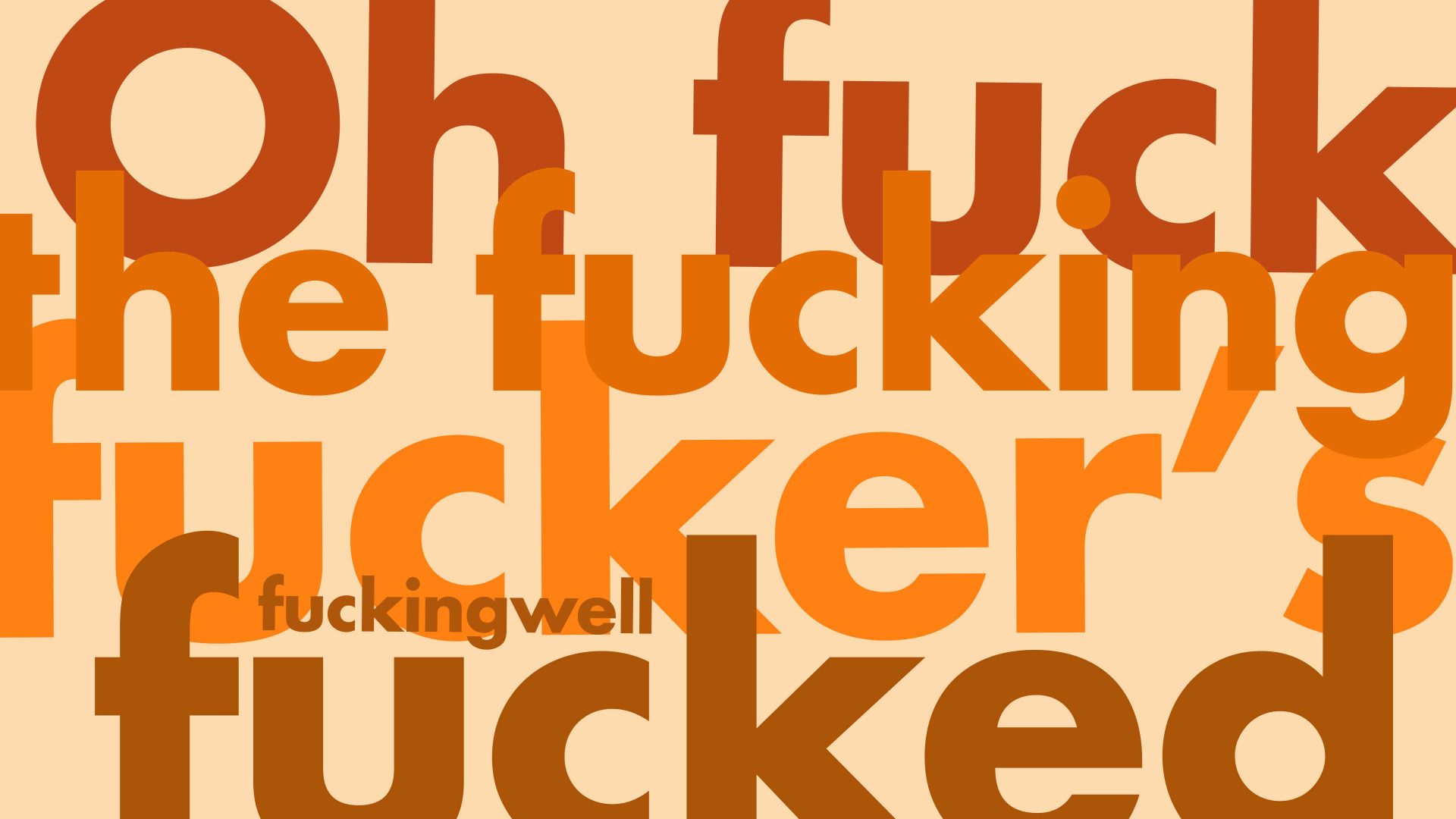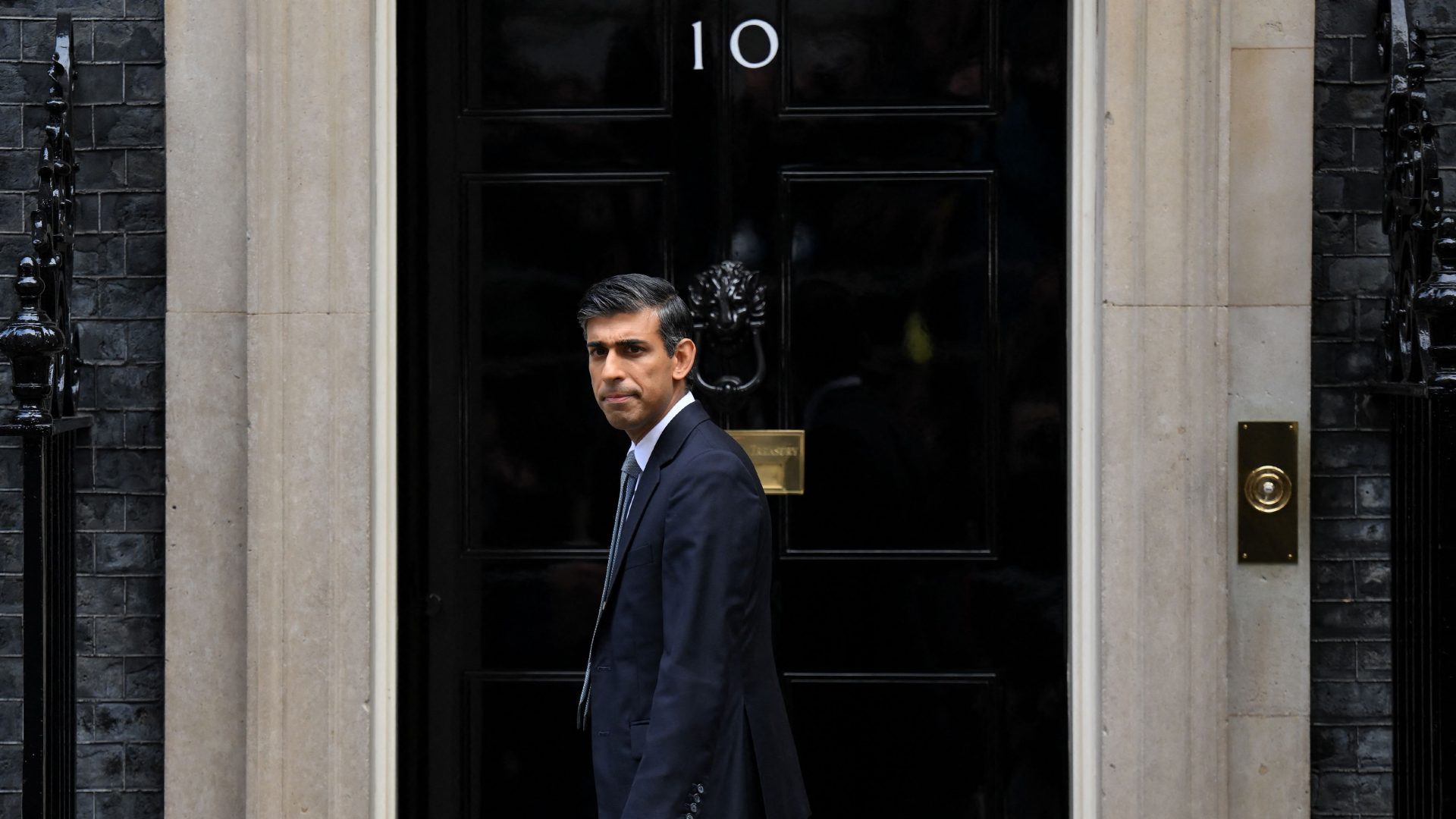When I was a student, I used to work in a flour mill in the summer, loading lorries. One day the toaster in the tearoom broke and a fellow worker reacted with the most eloquent stream of swear words I’ve heard: “Oh fuck! The fucking fucker’s gone and fuckingwell fucked itself again!”
Everyone knew exactly what he meant and the words flowed rhythmically and naturally, perfectly expressing what he felt, with heavy stresses on the f-words. It was spontaneous poetry.
If I’d had to explain this utterance to someone learning English, I’d have said: “Oh fuck!” expressed his consternation; “The fucking fucker”, the subject of the sentence, referred to the toaster, but also expressed an attitude of extreme annoyance that the word “fuckingwell” amplified; “gone and fucked itself again” was his way of communicating that the toaster had somehow broken once more, and that no one was responsible for this – it had broken itself.
Philosophers have rarely written about swearing, an important and sometimes mysterious part of life that merits closer and deeper attention. An exception is Rebecca Roache, whose book For F*ck’s Sake: Why Swearing is Shocking, Rude, and Fun, has just been published by Oxford University Press.
Swearing brings up many issues in the philosophy of language, and sometimes has moral implications, too. It can be funny, expressive, deeply offensive, a verbal prelude to a physical fight, a way of showing disdain for conventions, and much else besides.
The Oxford philosopher JL Austin, in How To Do Things With Words, drew attention to how language can be used to do more than simply describe the world. Sometimes we do things by saying things, as when saying “I name this ship” in the right situation, or “I do” in a wedding ceremony. But it’s not just in formal settings like this that we do things with words.
With swear words, we might poke fun at someone, tease them, intentionally insult them, start a fight, or let them know that we are angry. Using taboo words is an effective way of expressing emotions. As with all communication, the context of when you say something, and the intentions that you have and intend to be recognised by the person you are addressing, play a major part in determining the meaning.
At the core of Roache’s book is the idea that to be able to judge the offensiveness of an instance of swearing we need to understand the acts performed. To some extent the question of whether or not someone is offended is a matter of their personal sensitivity; but there is also a sense in which someone can be justifiably offended.
Sometimes offence is a result of feeling that someone has broken important social conventions about what can be said in public; sometimes offence comes from misunderstanding the action that the swearer believed they were performing in using those taboo words. But on occasion, we are absolutely right to be offended and that’s what the speaker wants, too.
At other times the swearer wants us to laugh, but we might not get the joke. Precisely the same words can be used for acts of aggression and gently mocking. It’s usually not the words that matter so much as their use in that context, though some words retain some of their power however used, even when simply quoted.
Roache addresses a difficult question in her chapter, “Cunt and cocksucker”. These words have a long history of being used in verbal acts of misogyny and of homophobia. They gained their power as swear words because some people found female genitalia and male-on-male fellatio disgusting.
Should more enlightened swearers avoid these words altogether because of the history of their use, or should they perhaps utter them freely in acts of conscientious offence designed to remove the negative connotations that they still carry? As Roache notes, attempts at this kind of reappropriation can backfire, but the connotations of particular words aren’t fixed for all time. It might just be possible to reclaim some of them. Some of you cunts might want to try that.
There’s much more to say about the philosophy of swearing, but Roache makes a great case for taking the subject seriously – and she does it with a sense of humour, too. If you don’t believe me, you can fuck off. As Stephen Fry puts it in his blurb: “Finally a book that rips the fuck out of the arseholes who claim that swearing is ‘the sign of a poor vocabulary’ or ‘unnecessary’. Bollocks to them.”



